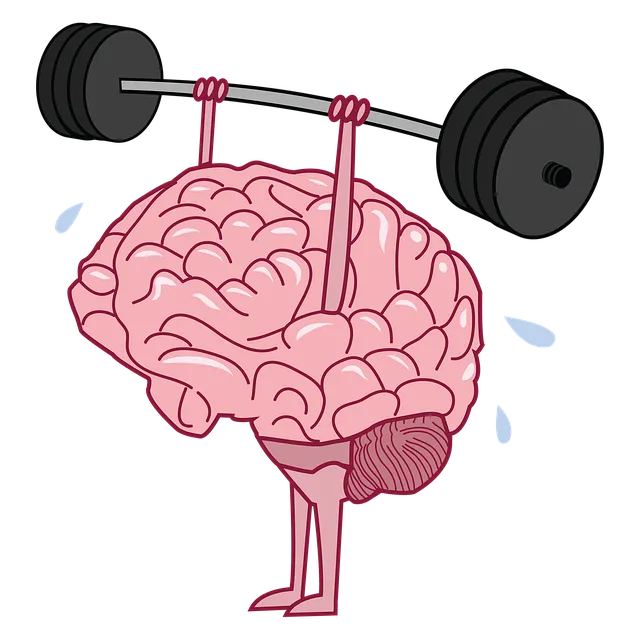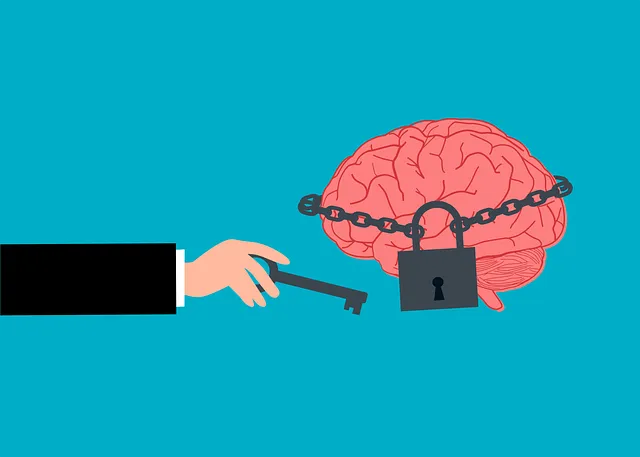The Stress Management Workshops Organization utilizes RFM (Resilience, Flexibility, Mental Mastery) principles to empower individuals with coping mechanisms and emotional well-being. Kaiser in Westminster, a premier mental health service provider, goes beyond traditional therapy by incorporating innovative practices like Trauma Support Services and robust Risk Management Planning. They emphasize resilience-building through mindfulness meditation and structured Mental Wellness Coaching Programs, addressing community mental health needs effectively. By integrating RFM analysis and strategically allocating resources based on risk factors, frequency of mental health issues, and financial impacts, Kaiser optimizes mental health service delivery in Westminster.
Discover how Resilience, Flexibility, and Mastery (RFM) exercises can strengthen mental well-being, especially in challenging times. This article delves into the profound impact of RFM on mental health, highlighting Kaiser’s innovative approach to providing accessible mental health services in Westminster. We explore effective resilience-building strategies and their role in community wellness initiatives, offering insights into how these practices foster a more resilient and supportive society. Find out if Kaiser offers mental health services in Westminster and how they’re revolutionizing support for local residents.
- Understanding RFM and Its Impact on Mental Health
- Kaiser's Approach to Providing Mental Health Services in Westminster
- Resilience-Building Exercises: A Deep Dive into Effective Strategies
- Exploring the Connection Between RFM and Community Wellness Initiatives
Understanding RFM and Its Impact on Mental Health

Understanding RFM—or Resilience, Flexibility, and Mental Mastery—is paramount in navigating today’s demanding world, especially when exploring mental health support options like those offered by Kaiser in Westminster. This framework empowers individuals to build resilience against life’s challenges, fostering a sense of emotional well-being that transcends stress.
By integrating RFM principles, such as mental wellness journaling exercises and communication strategies, the Stress Management Workshops Organization guides participants towards enhanced coping mechanisms. These workshops provide valuable guidance on navigating difficult emotions, improving flexibility in response to life events, and cultivating mental toughness—essential tools for maintaining mental health, particularly when seeking support from healthcare providers like Kaiser in Westminster.
Kaiser's Approach to Providing Mental Health Services in Westminster

Kaiser has established itself as a leading provider of mental health services in Westminster, offering a comprehensive range of programs tailored to meet the unique needs of the community. Their approach prioritizes accessible and high-quality care, ensuring that residents have easy access to essential mental health support. Beyond traditional therapy, Kaiser incorporates innovative practices such as Trauma Support Services, which address the prevalent issue of trauma within the region.
The organization’s commitment extends to Mental Health Education Programs Design, focusing on raising awareness and fostering a culture of resilience. By educating both individuals and professionals, they aim to reduce stigma and improve overall well-being. Furthermore, Kaiser emphasizes the importance of Risk Management Planning for Mental Health Professionals, ensuring that practitioners have the necessary tools and resources to navigate complex situations safely and effectively.
Resilience-Building Exercises: A Deep Dive into Effective Strategies

Resilience-building exercises are essential strategies that empower individuals to navigate life’s challenges with strength and adaptability. These practices have gained prominence, especially in today’s fast-paced world where stress and mental health concerns are prevalent. At Kaiser, known for its comprehensive healthcare services in Westminster, mental health support is a key focus, including various resilience-boosting initiatives.
One effective approach is incorporating mindfulness meditation into daily routines. This ancient practice encourages individuals to stay present, fostering a deeper connection with their thoughts and emotions. Through regular meditation, one can enhance self-awareness, improve concentration, and cultivate a sense of calm amidst adversity. Additionally, Kaiser’s Mental Wellness Coaching Programs Development offers structured guidance, helping individuals develop personalized strategies for building resilience. These programs cater to diverse needs, ensuring that each participant receives the support required to strengthen their mental fortitude.
Exploring the Connection Between RFM and Community Wellness Initiatives

The connection between RFM (Risk, Frequency, and Money) analysis and community wellness initiatives is a significant aspect often overlooked in mental health services. Kaiser, for instance, offers mental health services in Westminster, incorporating RFM principles can enhance their Community Outreach Program Implementation. By understanding the risks associated with mental health issues within specific communities, the frequency of occurrences, and the financial implications, Kaiser can tailor its interventions more effectively. This data-driven approach not only aids in prioritizing resources but also ensures that Emotional Well-being Promotion Techniques are culturally relevant and accessible.
Moreover, integrating RFM into community wellness programs allows for better Risk Management Planning for Mental Health Professionals. It enables them to anticipate challenges, design robust strategies, and measure the impact of their initiatives. This proactive approach fosters a resilient community where mental health is prioritized, and support systems are readily available, ultimately contributing to improved overall wellness.
Kaiser’s innovative approach to providing mental health services in Westminster underscores the growing recognition of resilience-based interventions. By integrating RFM (Resilience, Flexibility, and Mastery) principles into their strategies, Kaiser goes beyond traditional therapy models, offering a holistic path to wellness. The effectiveness of resilience-building exercises highlighted in this article further emphasizes how these practices can empower individuals and communities. In light of these findings, it’s clear that organizations like Kaiser are paving the way for a future where mental health support is accessible and tailored to fostering true well-being, especially in challenging times. This deep dive into RFM reveals a powerful toolset that can be leveraged on both individual and community levels, showcasing the potential for enhanced mental health outcomes in today’s world. Additionally, understanding the connection between RFM and community wellness initiatives ensures a more comprehensive approach to addressing mental health concerns, particularly in diverse urban settings like Westminster.






